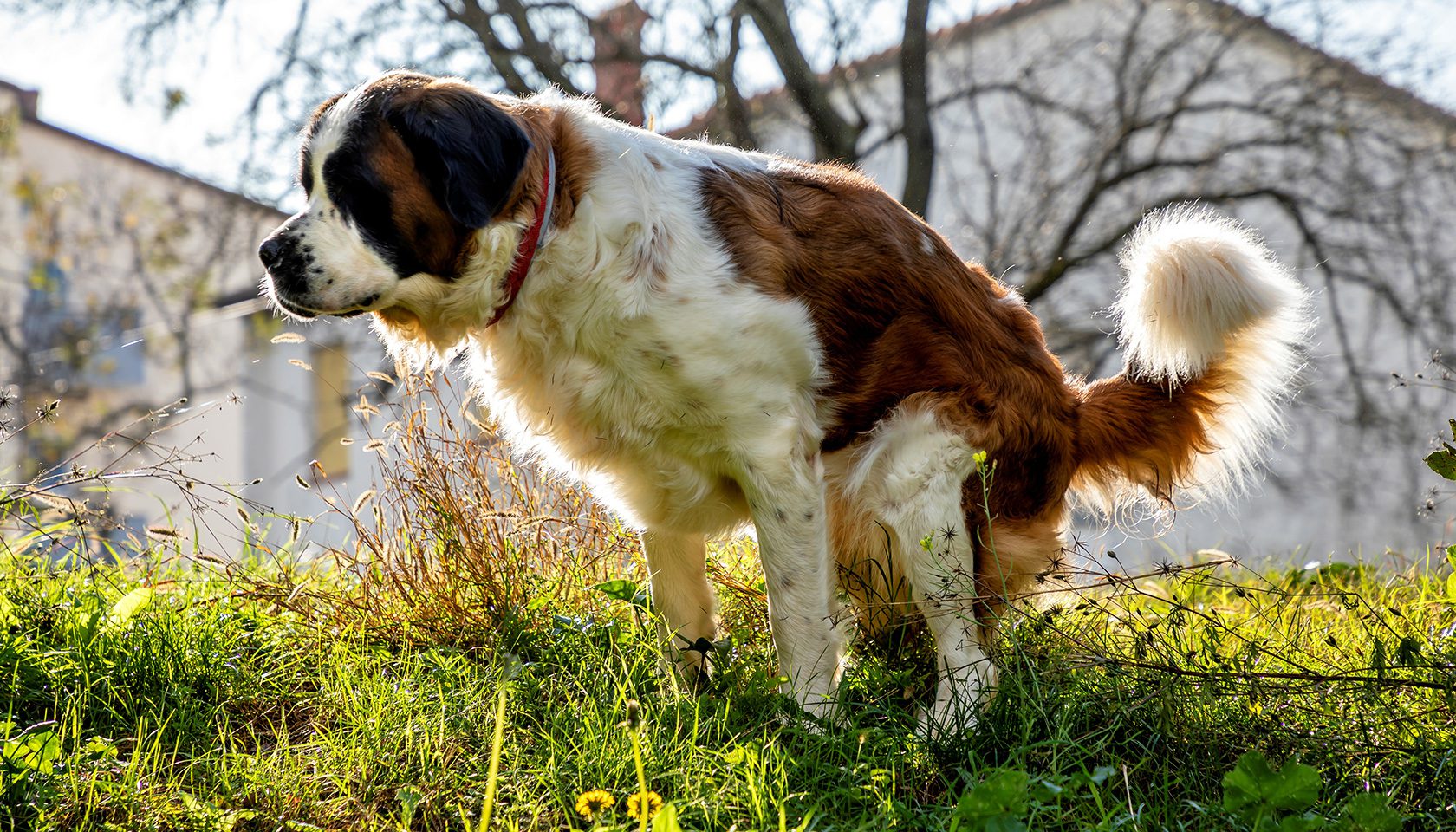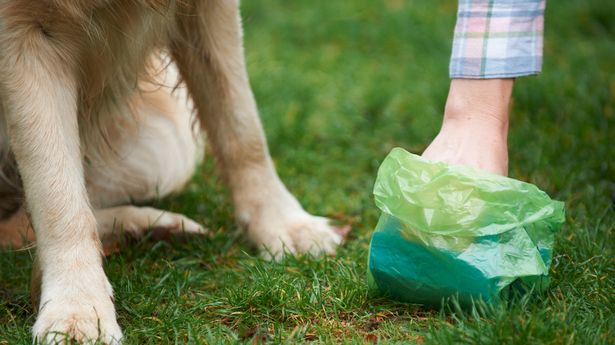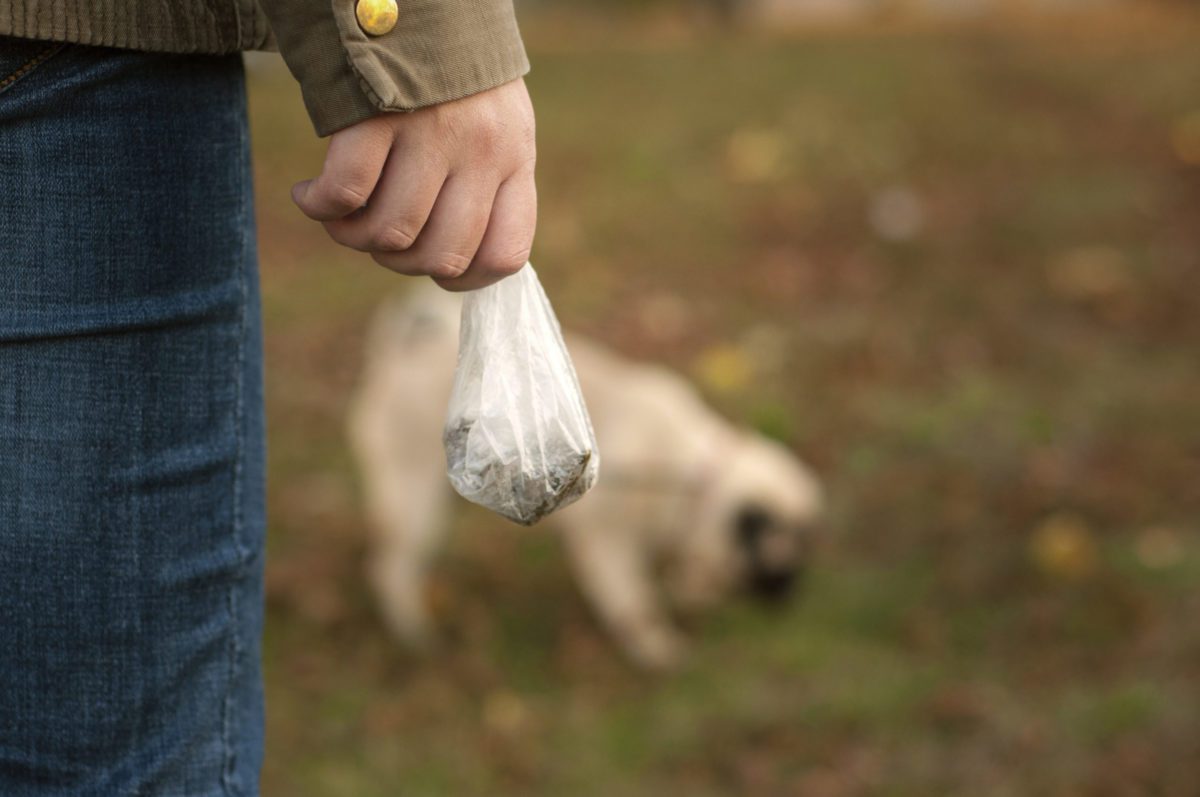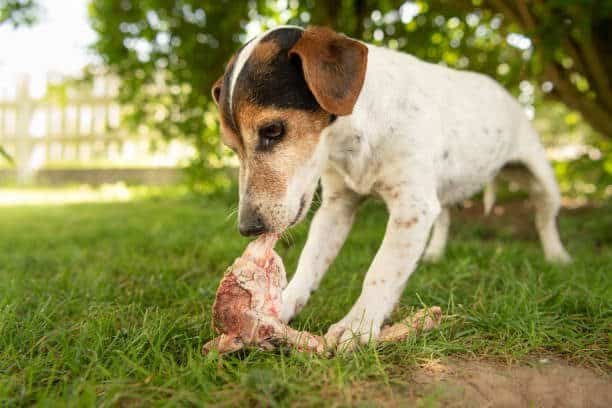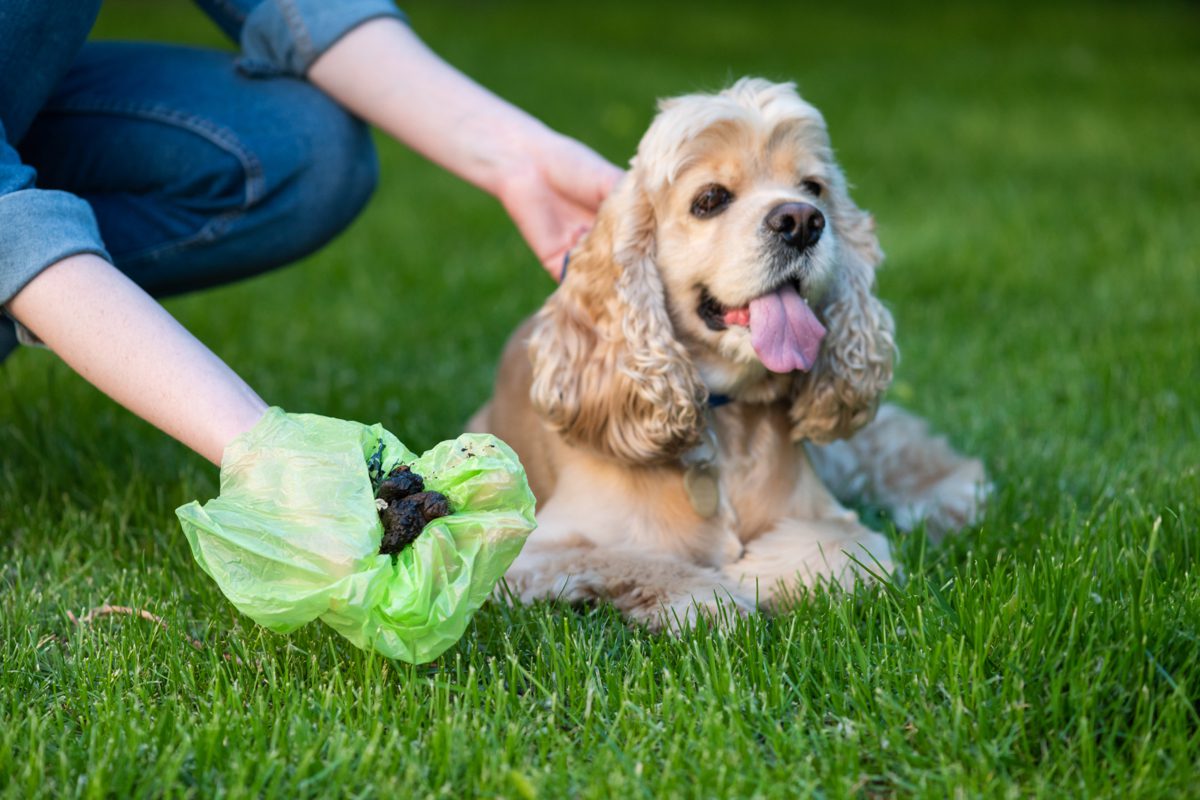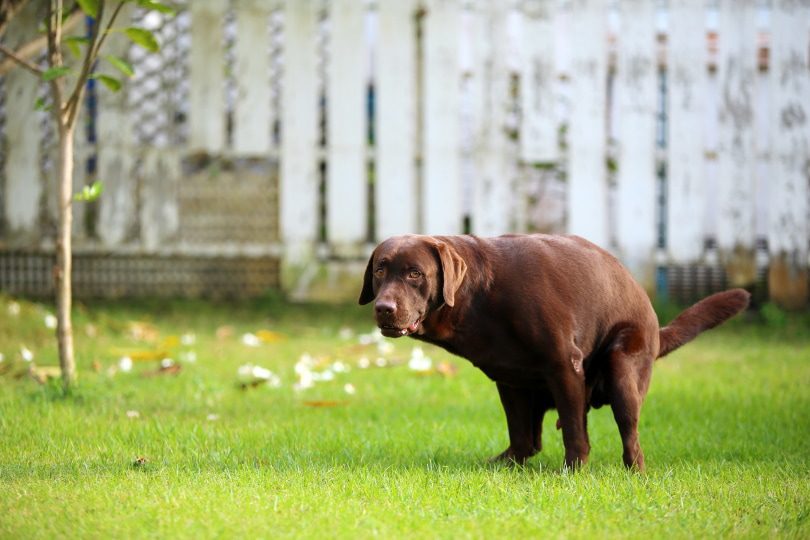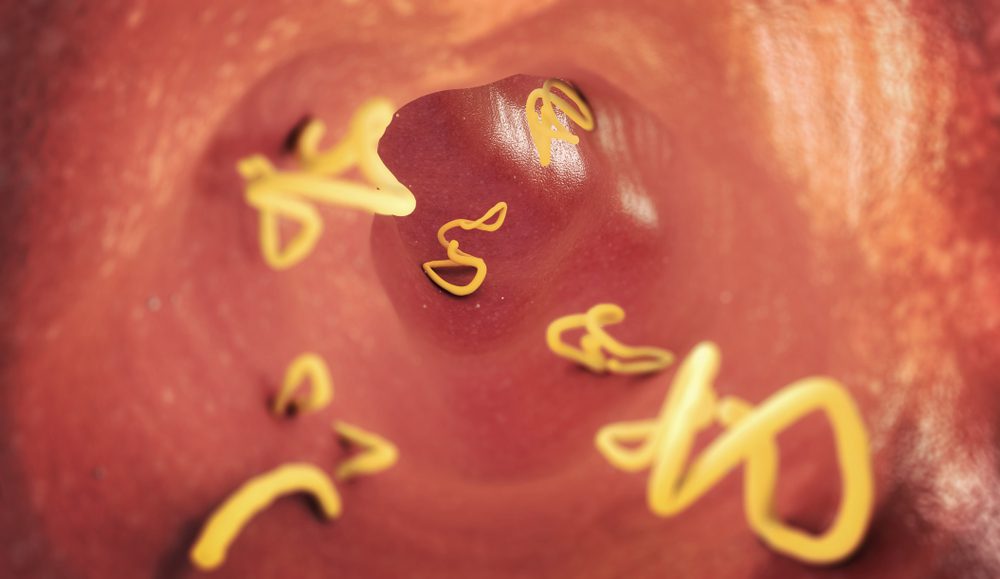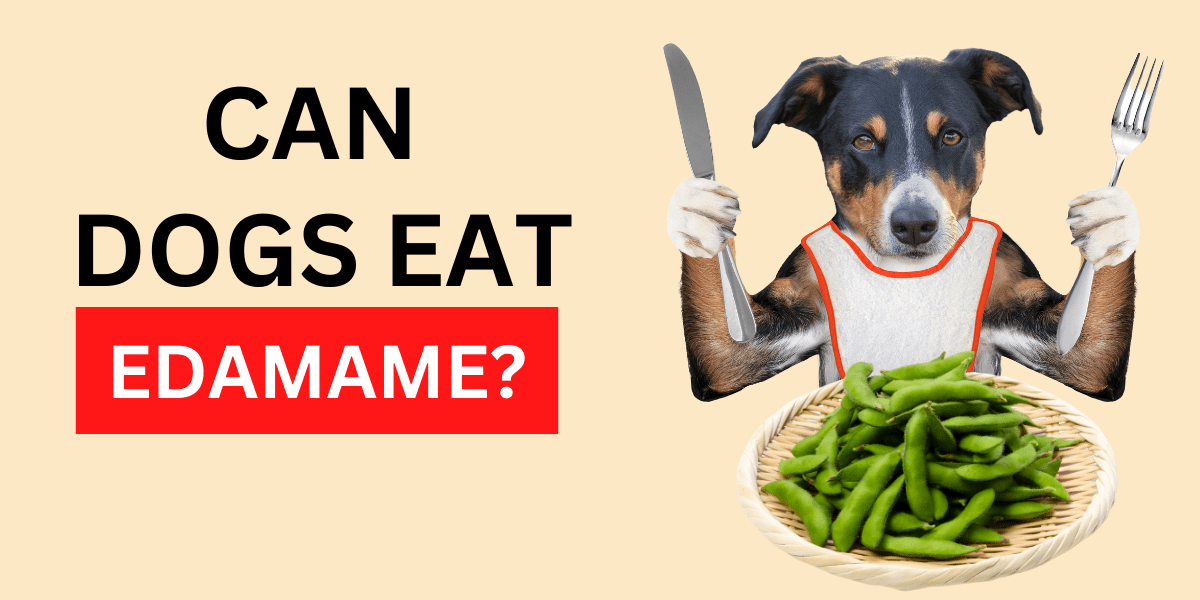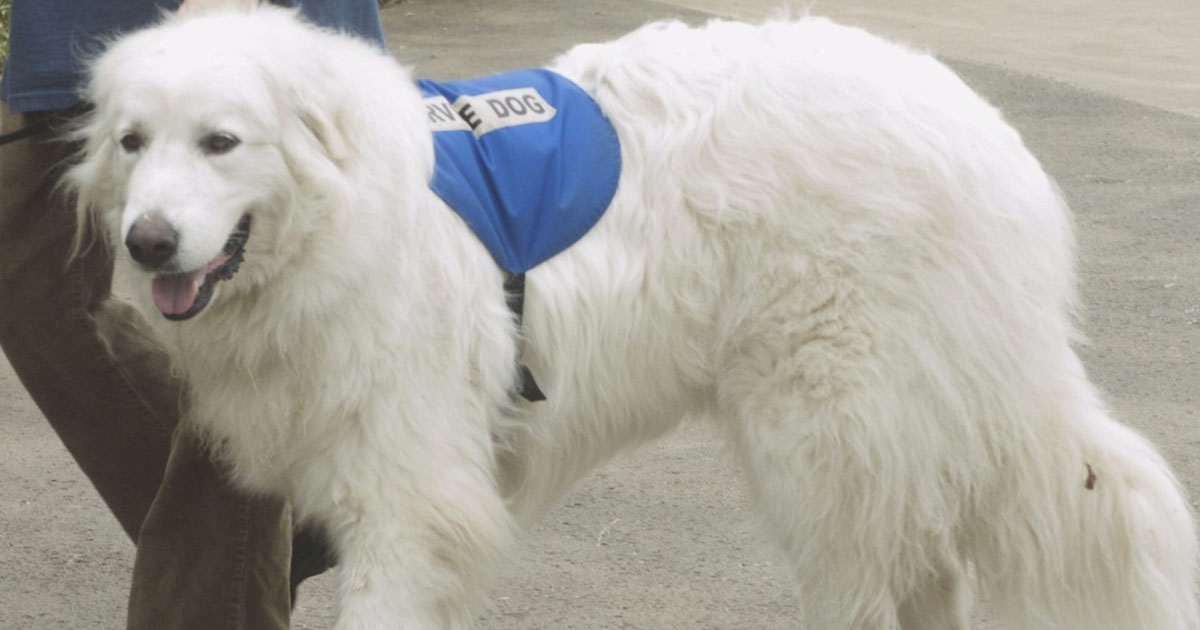Dog poop can tell a lot about your dog’s health, especially if you notice little white specks in dog poop. Although they look weird, these specks are common and have an easy explanation. Many dog owners panic when seeing white dots on their stools. However, there are a few different things that could be causing this.
First, your dog could have eaten something causing the white specks. This is especially common if your dog has recently been on a walk and picked up something off the ground. Second, the white dots could be caused by food intolerance or allergy. If you think this might be the case, try changing your dog’s diet to see if it helps with the symptoms. If you’re unsure what type of intolerance or allergy your pup may have, consult a veterinarian for more information about how to best proceed.
Here’s what those white specks in dog poop mean and what you should do if you see them regularly.
What Could be the cause of white specks in my dog’s poop?
Many things can cause tiny white dots or white specks in a dog’s poop, including diet, parasites, and infection. However, the most common cause is a change in diet, namely, the food your dog eats. If your dog has recently started eating new dog food or treats, that could be the culprit. If the white specks in dog poop persist, it’s best to consult your veterinarian to rule out any other potential causes. You may want to note the color of your dog’s stool to the naked eye since this can help identify what might be causing these white spots in your animal’s feces. For example, yellow or light-colored stools may indicate an obstruction, while dark-colored stools may indicate blood.
What should you do if you find white specks in your dog’s poop?
First, don’t panic if you’ve noticed tiny white specks when your dog poops. Second, take a closer look at the poop. If the white dots are consistent throughout the light brown stool, and your dog is otherwise healthy and acting normal, they’re probably just bits of undigested food. They can often look like sesame seeds like specks in an animal’s poo. However, suppose you notice any other changes in your dog’s poop (e.g., more or less frequent bowel movements, softer or looser stools, irregular bowel movements, etc.). In that case, it’s best to consult your veterinarian.
Dogs may sometimes eat things we can’t see with our eyes, like bones from chicken bones and rawhide chews. These objects can create an obstruction which will show up as small white spots on the feces but not elsewhere in the digestive tract. Your vet will be able to tell you what the cause is based on their experience with various cases like yours and make a treatment plan for getting rid of the obstruction. They may need a stool sample or even a blood test to determine the underlying cause and to move forth with the correct treatment for your canine friend.
What can dog poop tell you about your pet’s health?
Just like humans, what goes into a dog’s digestive system can give you some insight into their overall health. If you’ve ever noticed white specks in your dog’s poop, you may wonder what they are and if they cause concern. The good news is that, in most cases, these white specks are just undigested food. Sometimes, it’s even the very thing that your pet was fed.
Other times, the white specks could be signs of an underlying issue with the liver or pancreas. Your vet will be able to tell you more after doing some blood work and running a few tests on your pup. If they are caused by something serious, treatments available can help get things back on track. Until then, don’t worry too much about those little white specks in your dog’s poop – chances are it doesn’t mean anything.
Other Causes
While the most common cause of white specks in dog poop is undigested food, there are a few other potential causes. If your dog is eating a lot of bones, the bone fragments can show up as white specks.
Your dog may have intestinal worms. If fly larvae get into your dog’s intestinal tract, they can develop bacterial infections from fly eggs. The worms or their eggs may be visible if your dog has worms. Not all worms show up as white specks, so it’s essential to regularly supply your dog with a deworming treatment as a preventative. Worm infection is nothing to take lightly; the last thing you want is adult worms to lay eggs in your dog’s intestines – this can lead to weight loss and more severe infections.
And finally, if your dog ingests something that doesn’t agree with them, it may show up as white specks or mucus in their stool. Undigested rice, dog food, or other food remnants may look like white or sesame seeds in dog waste. This is why a dog owner should always pay attention to the appearance of dog stool and closely watch what dogs eat.
So what should you do if you notice white specks in your dog’s poop?
Some people recommend adding some canned pumpkin to your pet’s diet for two weeks and see if this helps with elimination. There are also several home remedies for dogs with digestive issues, like taking slippery elm bark powder mixed into the water three times per day for one week, then twice daily for another week before discontinuing use.
If these don’t work and you’re still seeing tiny white specks in your dog’s poop after three days (after giving it time to resolve), call your vet and schedule an appointment so they can diagnose the problem and get to work on treating it. You will usually need to sample their dog poop for your vet to analyze.
Tapeworm Infection In Dogs
Tapeworms are one of the most common parasites found in dogs. They are usually transmitted through infected fleas and can cause your dog to lose weight, have a poor appetite, and pass white, rice-like worms in their stool. Seeing fertilized tapeworm eggs or any other type of parasite eggs in your dog’s poop should be a red flag. If you think your dog may have a tapeworm infection, take them to the vet for treatment.
Most times, the white dots in your dog’s stool are dead tapeworm or other parasites. When worms die, they will be passed through the body in the form of dog poop with nonmoving white flecks. Allowing adult worm occurrence in your dog’s intestines can lead to fungal infections and unpleasant symptoms for many dogs. Your dog must take a deworming treatment to prevent fly larvae from laying eggs or doing other damage to your dog’s intestinal tract. Dogs and other wild animals often pick up worm infections in the first place by eating another dog’s poop or having contact with spoiled soil.
It is essential to ensure your dog isn’t eating fleas and spends its time in a flea-free environment so this does not happen. An adult flea can cause more damage to your dog and other animals than simply making them itchy. If they start laying eggs after your dog has eaten them, this spells trouble and could result in fertilized tapeworm eggs in your dog’s body. This can affect your dog’s blood, cause weight loss and decreased appetite, and move white specks in their stool.
Treatment Of Worms And Parasites
If your dog has worms, you can do a few things to help treat them. You’ll need to take them to the vet for a diagnosis and prescription. Once you have the medication, give it to your dog as directed. You may also need to change their diet, as some worms can be passed through food. Keep an eye on your dog’s stool and ensure the worms are gone. Some dogs will go through a worm infestation where they lose weight and vomit; this is usually not common, but if it happens, you should call your veterinarian immediately.
Final Thought
If you notice white specks in your dog’s poop, it’s most likely just undigested human food or a reaction to a change in dog foods. However, if the bits in your dog’s poop are accompanied by other symptoms like diarrhea, vomiting, or weight loss, it could be a sign of a more serious issue, and you should take your dog to the vet. In addition, an infestation of worms can cause these same symptoms, so it is essential to have your dog checked out for that.
It is crucial to fight worms early if they find their way into your dog’s intestine. Worm prevention should be a number one health concern. As always, talk to your veterinarian before deciding what course of treatment to pursue. I hope this has been helpful!
Frequently Asked Questions
What do parasite eggs look like in dog poop?
Although tapeworms are rarely seen in dog feces, their rice-like egg sacs can be discovered there or stuck to a dog's behind.
Can rice cause white specks in dog poop?
Because dogs typically have problems thoroughly digesting these foods, rice and grains will frequently appear as erratic white specks in your dog's feces. The presence of undigested foods in your dog's stool poses no health dangers.
What are the first signs of heartworms in dogs?
A slight chronic cough, resistance to exercise, weariness after moderate activity, decreased appetite, and weight loss are all potential heartworm disease symptoms. Pets who have heartworm illness may eventually experience heart failure and a large belly because of an excess of fluid in the abdomen.
What do hookworm eggs look like in dog poop?
Even if your dog has hookworms, you might not be able to see them since they appear as a thin string in your dog's feces. It's crucial to bring the stool along when you bring your dog in for a checkup so that it may be properly examined.


